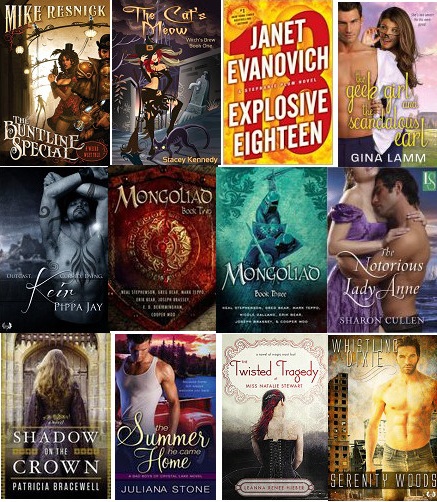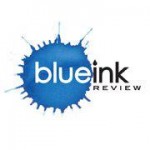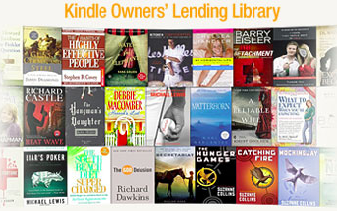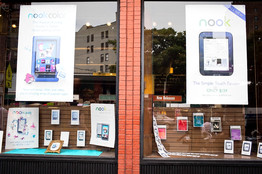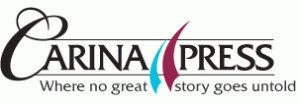Seasons’ Greetings, Happy Holidays, Pleasant Solstice, whether that be cool or warm in your part of the world, etc.
As the marvelous graphic so delightfully illustrates: 
‘Tis the season after all. Peace on Earth and goodwill to all is a sentiment we can all get behind, whatever our personal beliefs.
Speaking of personal beliefs, I believe I’ve seen enough Christmas romances to last me until next November. I’ve got two more Christmas romance reviews to finish, and then I’m done.
About this week’s shelf-stack. Amazon had a local deal, well, there’s this Amazon local deal thing you can subscribe to in email. And by the way, they need to edit the combos a little better. It shouldn’t be possible to see a deal for “Facial/Waxing/Wine tasting” all in one subject. It just looks WRONG. Never mind the day it was “Horseback riding/Chocolate Tour.” My mind went to a horrible, horrible place.
 Back to books. There was a local deal, at least here, where $1 bought one kindle book from a list of 50 books. One of those books was Mongoliad 2. I’ve already read and reviewed Mongoliad 1, and Mongoliad 3 popped up on NetGalley. I’m curious enough to give it another shot, at least $1 worth of shot.
Back to books. There was a local deal, at least here, where $1 bought one kindle book from a list of 50 books. One of those books was Mongoliad 2. I’ve already read and reviewed Mongoliad 1, and Mongoliad 3 popped up on NetGalley. I’m curious enough to give it another shot, at least $1 worth of shot.
I reserve the right to give up after 50 pages. After all, it was only $1.
 Speaking of only $1, or even less. Lyrical Press is having a “Doomsday Sale“. More like a “the Mayans were wrong” sale. Everything in their catalog is 75% off in ebook., adding a couple more ebooks to my stack, at least so far. It IS kind of a steal, so I’ll probably go back.
Speaking of only $1, or even less. Lyrical Press is having a “Doomsday Sale“. More like a “the Mayans were wrong” sale. Everything in their catalog is 75% off in ebook., adding a couple more ebooks to my stack, at least so far. It IS kind of a steal, so I’ll probably go back.
And I checked a real, honest-to-goodness print book out from my library. Being surrounded by thousands of books is so damn tempting. Otherwise, everything on the list is e.
So what’s on your stack this week? And do you reach a point where you’ve had it up to the proverbial “here” with Christmas books? Or do you like to linger over them into January?
For Review:
The Cat’s Meow (Witch’s Brew #1) by Stacey Kennedy
The Geek Girl and the Scandalous Earl by Gina Lamm
The Mongoliad: Book Three (Foreworld #3) by Neal Stephenson, Greg Bear, Mark Teppo, Nicole Galland, Erik Bear, Joseph Brassey, Cooper Moo
The Notorious Lady Anne by Sharon Cullen
The Reluctant Countess by Wendy Vella
Shadow on the Crown by Patricia Bracewell
The Summer He Came Home (Bad Boys of Crystal Lake #1) by Juliana Stone)
The Twisted Tragedy of Miss Natalie Stewart (Magic Most Foul #2) by Leanna Renee Hieber
Purchased:
Keir by Pippa Jay
The Mongoliad: Book Two (Foreworld #2) by Neal Stephenson, Erik Bear, Greg Bear, Joseph Brassey, Nicole Galland, Cooper Moo, Mark Teppo
Whistling Dixie by Serenity Woods
Checked out from the Library:
The Buntline Special (Weird West Tales #1) by Mike Resnick (print)
Explosive Eighteen (Stephanie Plum #18) by Janet Evanovich

![STSmall_thumb[2]_thumb](https://www.readingreality.net/wp-content/uploads/2012/12/STSmall_thumb2_thumb2.png)
